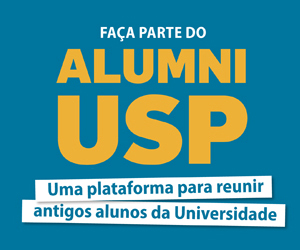Seminário de Ensino
"Scientific evidence, cultural conclusions: challenges in understanding ancient astronomy"
Prof. Dr. Clive Ruggles, professor Emérito de Archaeoastronomia na Escola de Arqueologia e História Antiga da Universidade de Leicester, Reino Unido.
Dia: 12.09 (segunda-feira), às 16h00
Local: Auditório Adma Jafet (IFUSP).
A palestra será em inglês, sem tradução simultânea.
Informações sobre o palestrante:
O Prof. Clive Ruggles trabalhou em muitas partes do mundo e publicou numerosos livros, trabalhos e artigos, incluindo o Handbook (3 volumes) sobre Archaeoastronomia e Etnoastronomia (2014), no qual ele é o editor-chefe. Ele está atualmente com projetos envolvendo trabalhos de campo no Havaí e é uma figura de liderança na iniciativa conjunta do “Centro do Patrimônio Mundial da UNESCO” e da União Astronômica Internacional, trabalhando para o reconhecimento, a proteção e a promoção dos mais importantes sítios de patrimônio astronômico do mundo.
Abstract:
Archaeoastronomy — the study of beliefs and practices concerning the sky in the past — has long been a controversial field of enquiry, not least because it brings together people from very different academic disciplines — and in particular physics and anthropology — who can often reach very different conclusions on the basis of the same evidence. This evidence can be as diverse as structural orientations and light-and-shadow effects in monuments and buildings, symbols and motifs in art and design, historical documents, and ethnographic records. The challenge is to develop rigorous and robust methodologies for weighing together the different types of data (in scientific terms) and reaching the most viable interpretations (in cultural terms).
This raises particular issues concerning "scientific" methodology where the field of application lies outside the "hard" sciences (since archaeoastronomy is ultimately about people, not science). But it is also of interest because the field of application itself (human perceptions of the cosmos in the past) raises questions of what exactly constitutes science in the broadest sense — making sense of the world, the cosmos, we live in.
In this talk I shall present a number of famous and not-so-famous case studies in archaeoastronomy that help to illustrate some key issues concerning science — both its nature and its methods.













